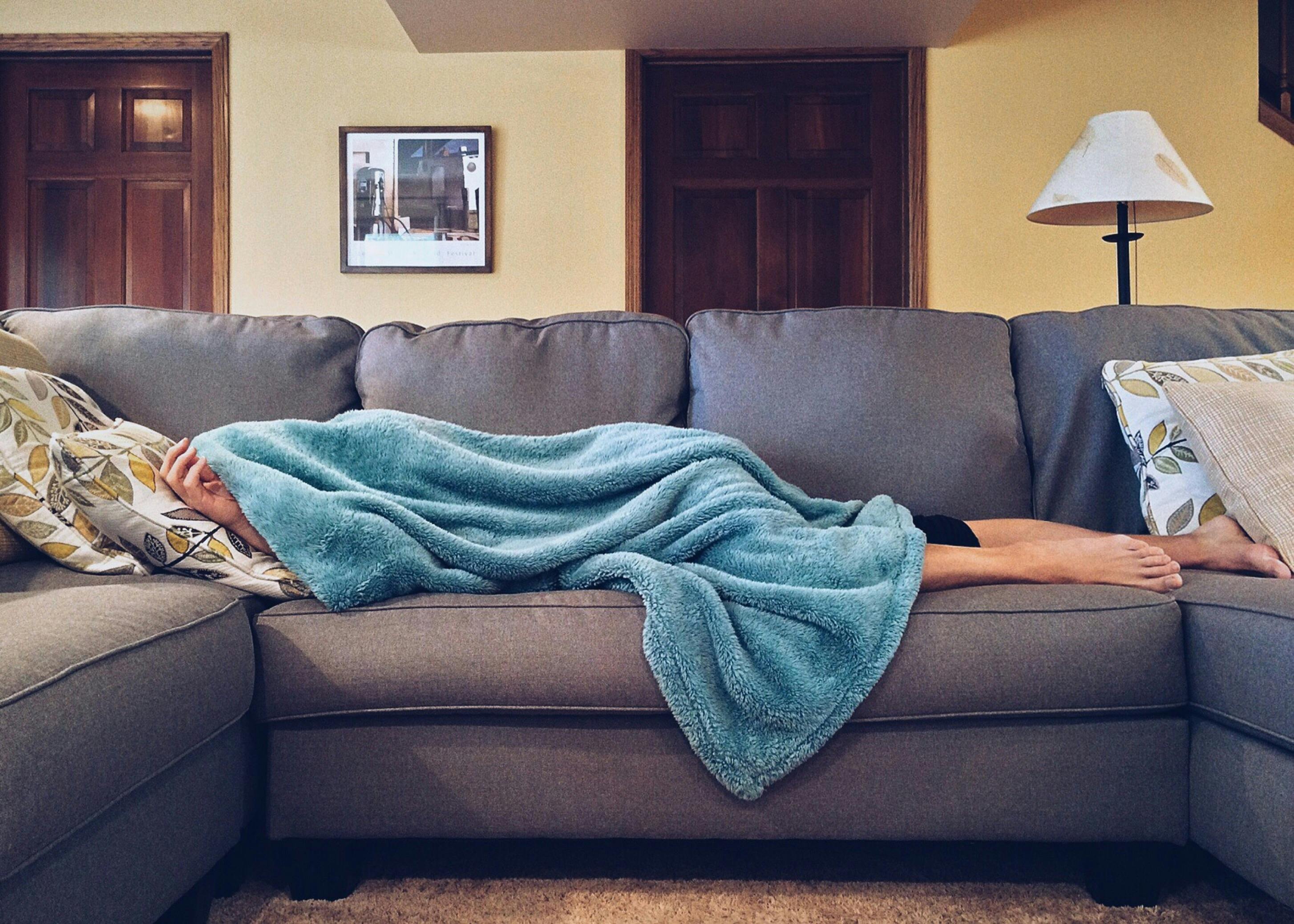



You are tired, your body aches, and all you want is rest, but sleep will not come. Or it comes in short bursts, broken by discomfort, tension or that familiar night-time buzz of a brain that will not switch off.
Chronic pain and poor sleep often go hand in hand. And it is not just about the pain itself. It is about how your whole system is responding. The good news is, there are ways to ease your body into sleep more gently, even when pain is still present.
Let’s explore why sleep gets harder with pain, and how you can support your system to settle and restore.
When your brain perceives a threat, whether physical or emotional, it keeps your system on alert. That alertness helps in the short term but makes it harder to relax, unwind or stay asleep.
Pain affects sleep by:
So while your body is asking for rest, your system might be stuck in protection mode, making true sleep seem out of reach.
You cannot force sleep, but you can create the conditions that make rest more likely. The goal is not perfect sleep, but more ease, so your body has a chance to recover.
Try these strategies:
Even if sleep does not come straight away, these actions help reduce discomfort and anxiety around rest.
Sleep might come in waves, and that is still valuable.
Struggling to sleep with chronic pain is not a sign of failure. It is a normal response from a system that feels overloaded. But with gentle routines, calming cues and a focus on safety, you can support your body to rest more fully.
Sleep is not just about switching off. It is about helping your system feel safe enough to let go.